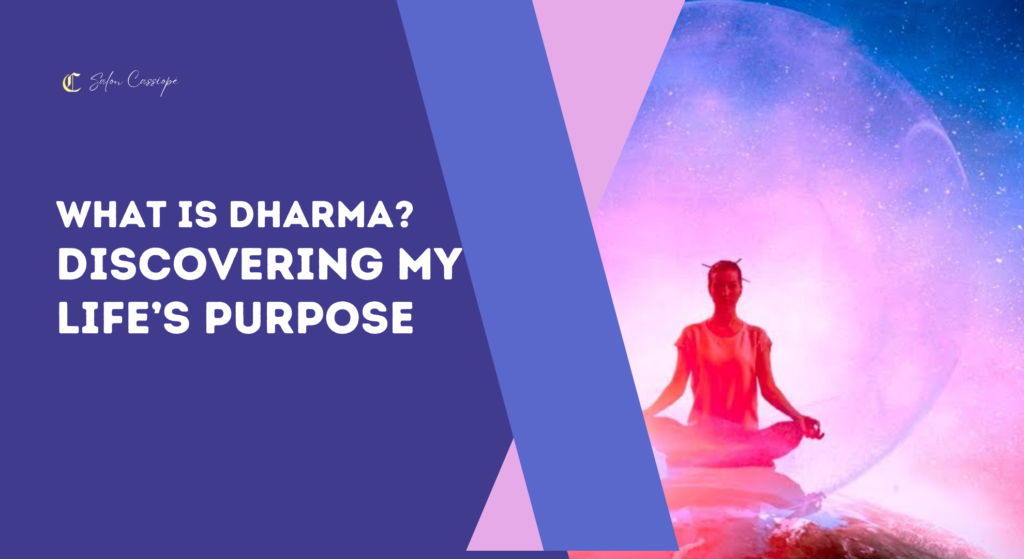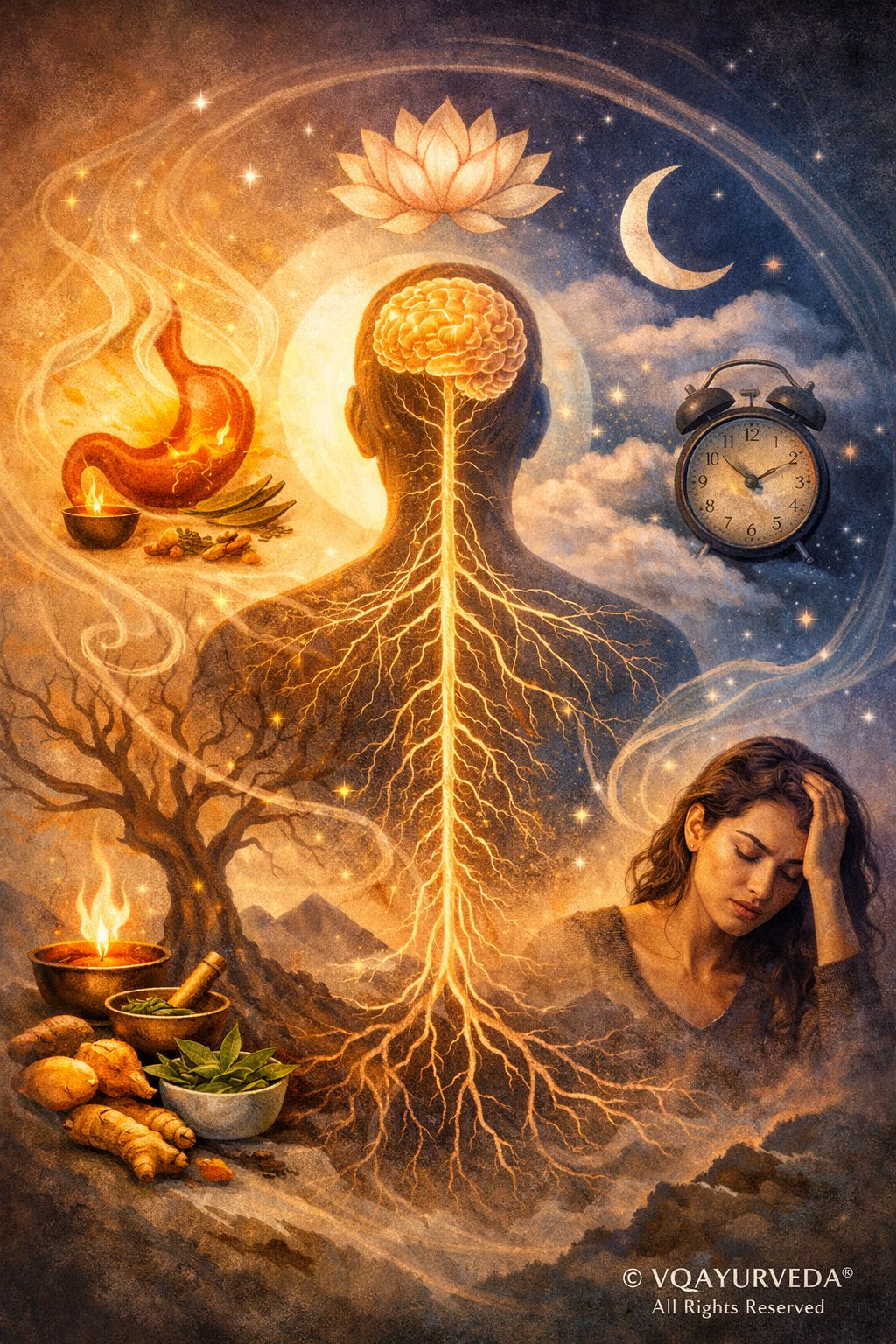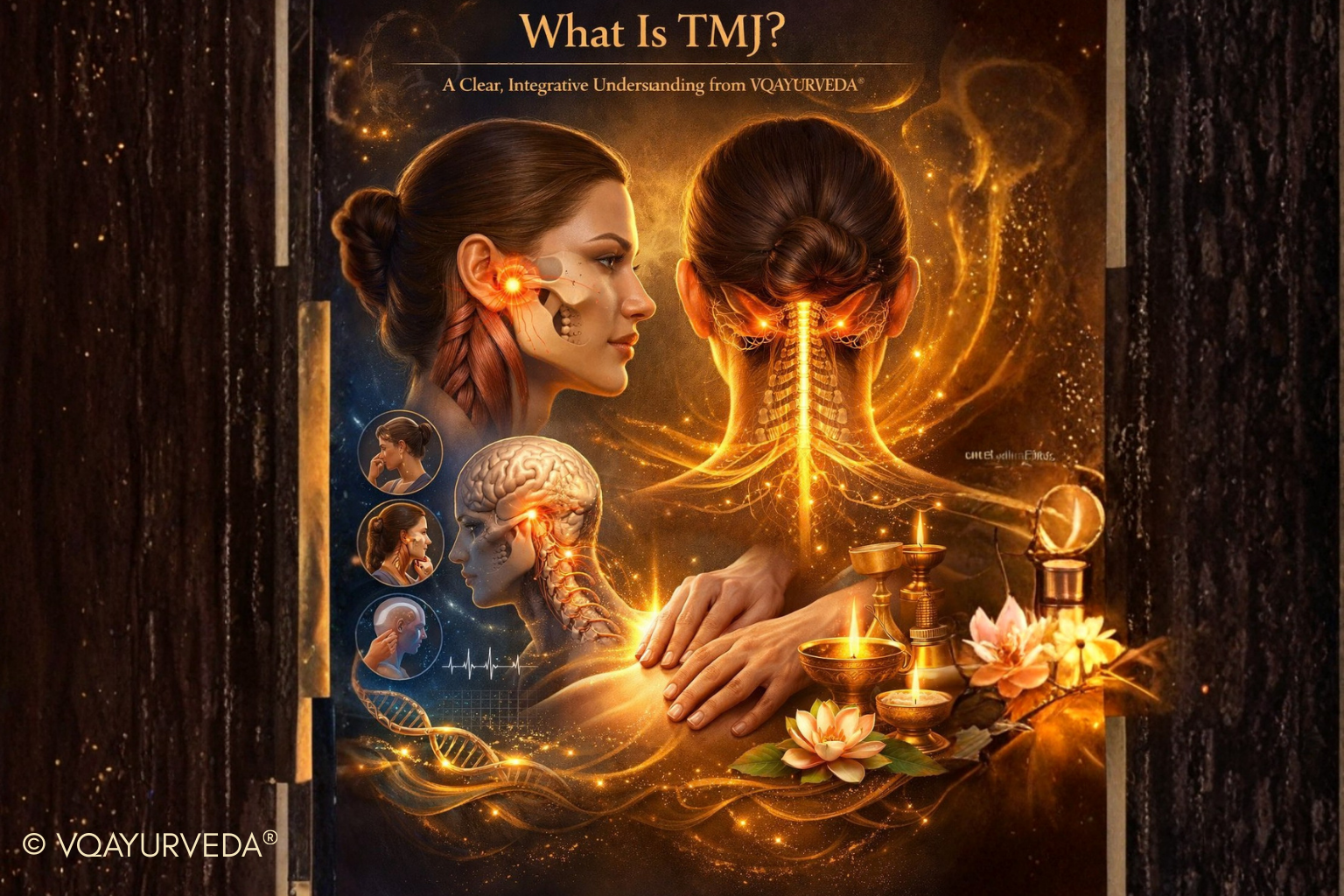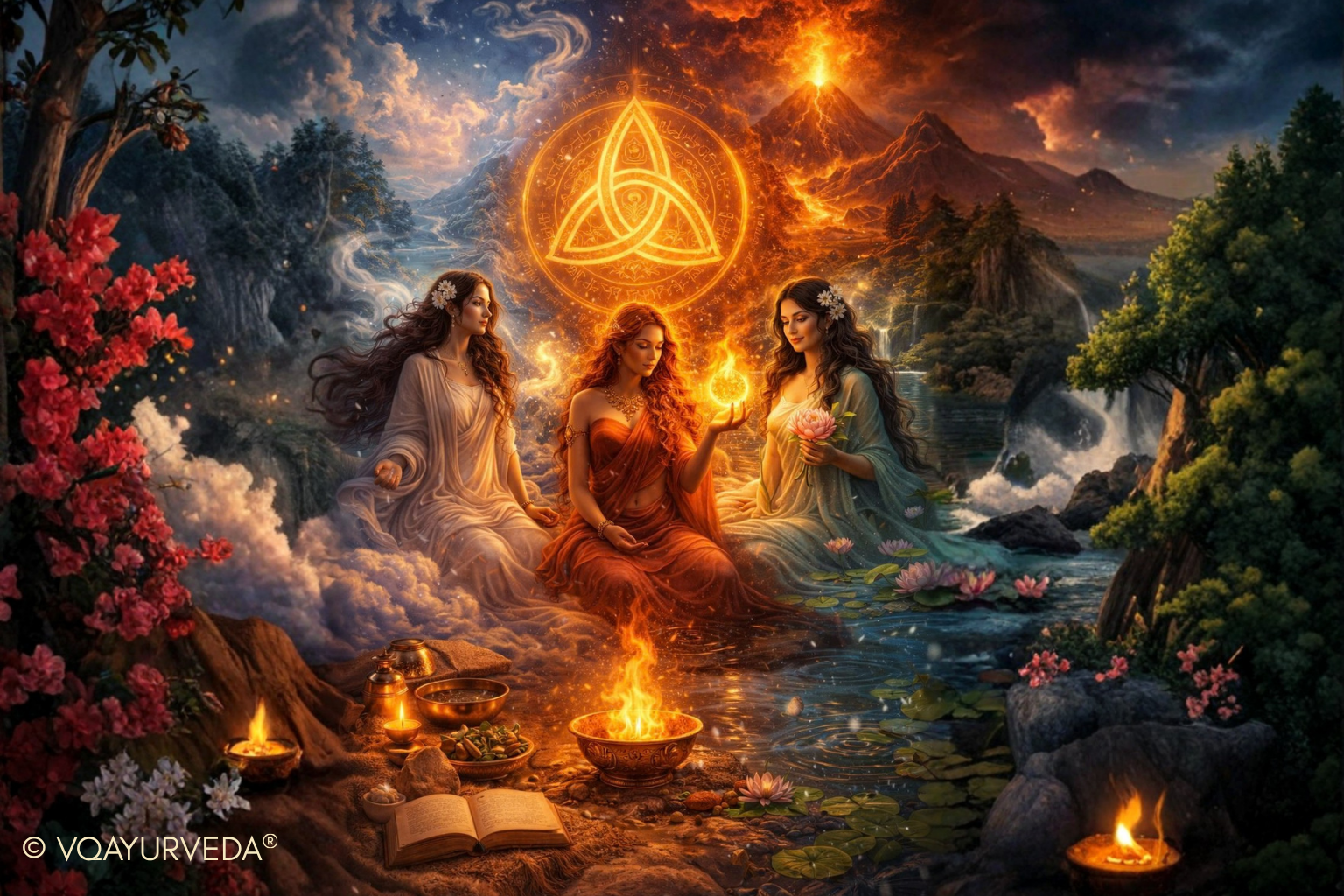Introduction
One of those Sanskrit words with multiple meanings is dharma. It’s often used in Buddhist teachings to refer to the path of enlightenment, but it has also been used historically by Hindu scholars and other religious figures.
The word translates as “duty” or “law” but usually refers to one’s purpose in life or what one must do to find inner peace.
In Hinduism and Buddhism, the term implies that all aspects of life—even seemingly trivial ones—are connected and have some purpose.
What is Dharma?
Dharma is a prehistoric Sanskrit word that describes your soul’s function, the main reason you are here. It encompasses what you do and how and why you do it.
Your purpose in life is not to pursue a particular career, undertaking, or role. It is the distinct vibration that your soul brings to your actions and who you are.
Someone’s dharma, for example, might be to make the world more beautiful, and there are countless ways they can do this, such as by creating art, designing interior spaces, or styling hair.
Example of Dharma
Mahatma Gandhi practiced law. He was an accomplished lawyer. Then he presented this. He still argued and did politics, but not for himself. As a result, he grew into a great soul.
He used his political and community skills for the benefit of others rather than himself. Then he became fearless, and he rose to greatness.
How to discover your dharma
The first step toward discovering your dharma is recognizing that it is something you remember rather than something you must seek. You were created for a reason and it is already in you. It’s just that we’ve forgotten.
We went to school, we were conditioned, and society imposed various goals and expectations on us.
It’s more of an untangling and unlearning process. It will be simpler to recall who you are the more of what isn’t you can let go of and especially since you won’t be able to do without it. It’s already inside of you.
Find out what your dharma archetype is.
We all embody different roles or archetypes that we activate within ourselves. Your archetype could be a teacher, artist, entrepreneur, entertainer, or visionary.
Knowing which archetypes dominate you can permit you to inhabit those roles fully.

Discover superpower and Fulfilling Your Dharma
We all possess superpowers, but because they are so ingrained in us, it can be challenging to identify them.
We all also have basic responsibilities and obligations to fulfill in life. These responsibilities must be fulfilled; they are an inviolable part of one’s personal dharma.
They are the fundamental requirements that give our lives the order and cohesion that keep us together and support us as we travel through time.
To see the truth in this, consider how quickly our lives fall apart when we are unable or unwilling to fulfill our basic personal responsibilities.
Beyond these personal responsibilities, there is an ultimate dharma—a responsibility to the common good we all share.
This is described differently in different traditions, with the common thread being the realization of our highest potential as human beings. According to the ancients, fulfilling our responsibilities is the first step toward achieving this ultimate goal.
We often use our perceptions of the spiritual realm to distract ourselves from the realities of our daily lives.
As a result, they taught “dharma rakati rakata,” which loosely translates as “we will be taken care of if we take care of our responsibilities.”
How do you know if you are following your dharma?
Listen to your heart. Your heart is where you connect with your true self and listen to its wisdom. It’s usually less loud than your mind, but it’s so important to pay attention when it speaks.
Listen to your intuition. Intuition is an inner knowing that comes from deep within us and guides us in making decisions that can be difficult to rationalize through our logical minds.
Why does it matter?
When you know your dharma, you can make decisions that align with your life’s path. You can live a more fulfilled and satisfying life in harmony with yourself and the world around you.
You might wonder: “how does knowing my dharma help me be a better person?”
The answer is pretty simple: it helps us understand why we’re here on Earth in the first place.
Conclusion
Dharma is also an essential part of everyday life because every person has their path, which leads them towards discovering their purpose–and finding it will make all other things easier.
You can find it in any belief system that focuses on following moral guidelines or principles that make life more meaningful for everyone involved.





